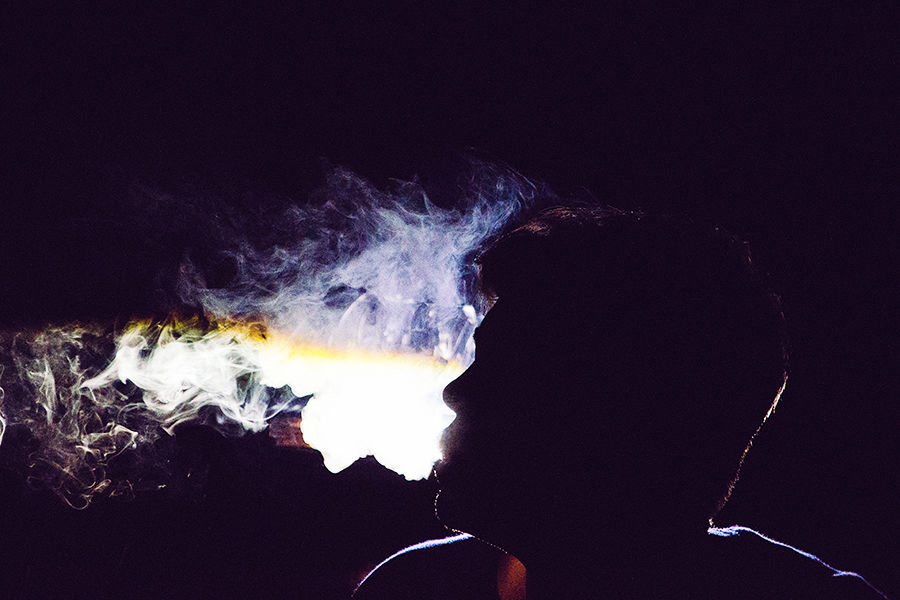Manila, Philippines, Aug 23, 2016 / 12:02 am (CNA/EWTN News).- Amid President Rodrigo Duterte's fierce war against the underworld of drugs in the Philippines, the country's bishops are rallying with a pastoral appeal to end unjust violence while encouraging efforts to maintain law and order.
“We are disturbed by an increasing number of reports of suspected drug-peddlers, pushers and others about whom reports of criminal activity have been received, have been shot, supposedly because they resist arrest,” stated a recent press release from the Bishops Conference of the Philippines. “It is equally disturbing that vigilantism seems to be on the rise,” the bishops continued, noting the increasing number of murders portrayed in the media.
Since his election in May, President Duterte has handed out death sentences to drug dealers in an effort to end the illegal drug culture in the Philippines. Although over 600,000 dealers have already turned themselves in since the campaign, these efforts have also resulted in police brutality on the streets of Manila.
Stories such as the one of Renato and Jaypee Bertes are not uncommon tales. The New York Times reported on the Filipino father-son duo who smoked shabu, a common type of methamphetamine, and occasionally sold the drug on the streets of Manila. When police barged into their home and arrested the two men, they were beaten, tortured and eventually shot to death while in police custody.
According to the New York Times, over 1,800 people have been similarly killed at the hands of police or vigilantes over the past three months. Alarmed by the number of killings, Filipino bishops have spoken out against the violence and have called for true justice from members of law enforcement. “To kill a suspect outright, no matter how much surveillance work may have antecedently been done on the suspect, is not morally justified,” the bishops stated.
Although President Duterte has stated that addicts are “no longer viable as human beings on this planet,” the bishops underscored the dignity of every person, saying “God never gave up on us. We have no right giving up on ourselves or on our brothers and sisters.”
In light of the killings, the bishops offered guidelines for members of law enforcement to follow. First, they said that killing in self-defense is a legitimate and morally permissible action. However, they denounced killing on the grounds of suspicion, saying that “suspicion is never the moral equivalent of certainty,” and it could not be morally justified. “Let no one ever raise his hand against his brother or sister, from the blood that is shed — even if it be the blood of one we suspect of crime — cries to heaven for justice!” the bishops said.
The bishops conference also noted that receiving monetary gain for killing, in the case of some vigilantes, is always wrong and should immediately stop. They asked citizens to report unlawful killing and any vigilante activity. “It is the moral duty of every Catholic, every Christian, in fact, to report all forms of vigilantism of which they have personal knowledge,” the bishops stated.
Although the bishops decried the acts of violence committed against drug dealers in the Philippines, they highlighted their hopes that criminal activity would end and voiced their support of true justice at the hands of law enforcement. “We understand the difficulties that law-enforcers face, the daily risk to life and limb, but not only civil society but also the Church counts on them for the flourishing of society,” the bishops said. “Members of the community — Christians especially - should not be too quick to point accusing fingers at law enforcers, prosecutors and judges,” they continued.
The bishops were hopeful that harmony between citizens and government could be restored, and urged those in power to use their influential positions for good. “We beg our prosecutors and judges to remain firm in their consecration to justice, for there can be no greater insult to the Creator than to use the gifts of intelligence, discernment and one’s success at legal studies for ends contrary to building the Body of Christ."

